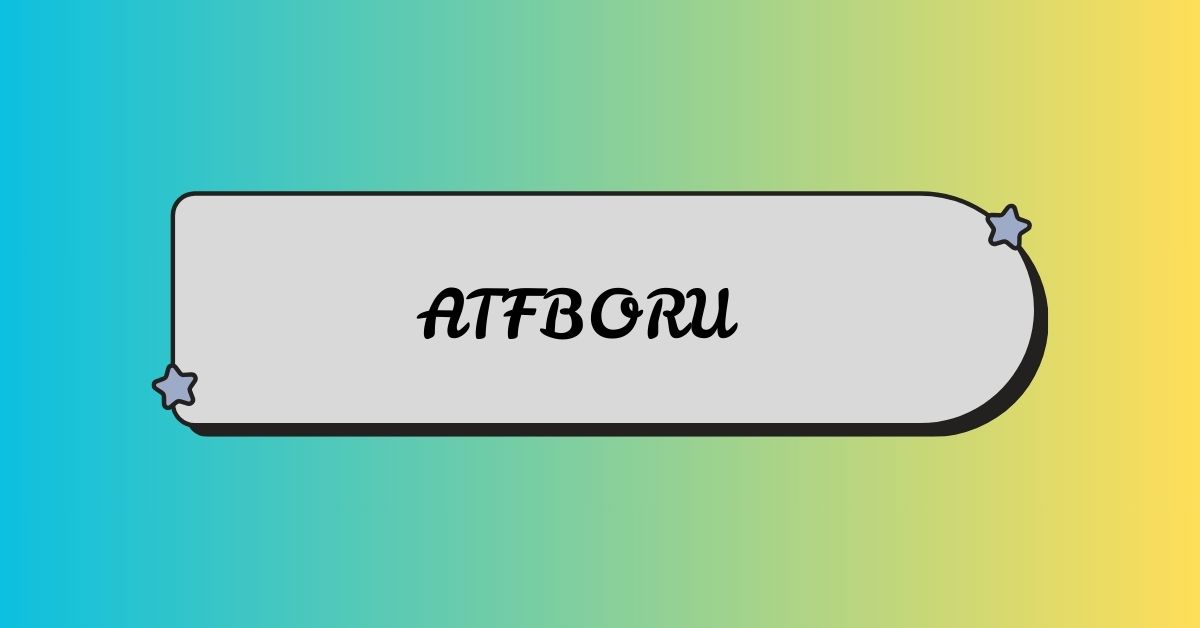In recent years, the concept of Waethicc has emerged as a significant framework for understanding and navigating ethical decisions in various contexts. As societies evolve and face new challenges, traditional ethical systems often require adaptation or rethinking. Waethicc, a blend of “wa” (Japanese for harmony) and “ethic,” represents a modern approach to ethical considerations that emphasize balance, inclusivity, and global interconnectedness. This article explores the principles behind Waethicc, its application across different sectors, and its impact on contemporary ethical discourse.
The Principles of Waethicc
At the core of Waethicc are several key principles that guide ethical decision-making. These principles are designed to address the complexities of modern life and promote a more harmonious and equitable approach to ethics.
- Harmony and Balance: Central to Waethicc is the idea of achieving harmony and balance in ethical decisions. This involves considering the impact of actions on all stakeholders and striving for outcomes that benefit the greater good. Harmony in this context means not only minimizing harm but also enhancing positive interactions and relationships.
- Inclusivity and Diversity: Waethicc emphasizes the importance of inclusivity and recognizing diverse perspectives. Ethical decisions should account for the varying needs and viewpoints of different groups, ensuring that marginalized voices are heard and considered. This principle promotes a more comprehensive and empathetic approach to ethics.
- Global Interconnectedness: In a world where actions can have far-reaching effects, Waethicc acknowledges the interconnectedness of global issues. Ethical considerations should extend beyond local or national boundaries, addressing the broader implications of decisions on a global scale.
- Transparency and Accountability: Waethicc advocates for transparency in decision-making processes and accountability for outcomes. This means that ethical choices should be made openly, with clear reasons provided for decisions, and individuals or organizations should be held responsible for the consequences of their actions.
Waethicc in Business and Corporate Ethics
The application of Waethicc in the business world reflects a shift towards more responsible and sustainable practices. Companies adopting Waethicc principles focus on creating value not only for shareholders but also for employees, customers, and the broader community.
- Sustainable Practices: Businesses are increasingly integrating sustainability into their operations, aiming to minimize environmental impact and contribute positively to society. Waethicc encourages companies to adopt practices that support long-term ecological balance and social responsibility.
- Fair Labor Practices: Waethicc also influences labor practices, promoting fair wages, safe working conditions, and respect for workers’ rights. Companies are encouraged to implement policies that ensure equitable treatment and opportunities for all employees.
- Ethical Supply Chains: Ensuring that supply chains adhere to ethical standards is another critical aspect of Waethicc in business. This involves scrutinizing suppliers for compliance with ethical practices, including fair labor conditions and environmentally friendly processes.
- Customer Relationships: Companies guided by its principles prioritize transparent communication and build trust with customers. This includes honest marketing practices, clear product information, and responsive customer service.
Waethicc in Technology and Innovation
As technology continues to advance rapidly, Waethicc provides a framework for addressing ethical dilemmas associated with innovation. From artificial intelligence to data privacy, its principles offer guidance for navigating complex technological issues.
- Artificial Intelligence (AI) Ethics: Waethicc addresses the ethical challenges posed by AI, including concerns about bias, fairness, and transparency. Developers and organizations are encouraged to design AI systems that are equitable and accountable, with mechanisms in place to prevent discriminatory outcomes.
- Data Privacy and Security: With growing concerns about data privacy, it advocates for robust protection measures and ethical handling of personal information. Organizations are urged to implement strong security protocols and ensure that data collection practices are transparent and consensual.
- Ethical Innovation: The principle of global interconnectedness in Waethicc extends to technological advancements, urging innovators to consider the broader impact of their creations. This involves assessing potential risks and benefits on a global scale and prioritizing innovations that contribute positively to society.
Waethicc in Healthcare and Medical Ethics
In the field of healthcare, its principles guide ethical decision-making to ensure that patient care is compassionate, equitable, and effective. The application of Waethicc in medical ethics addresses a range of issues from patient autonomy to equitable access to care.
- Patient Autonomy: Waethicc emphasizes the importance of respecting patient autonomy and informed consent. Healthcare providers are encouraged to engage patients in decisions about their care and respect their choices, while also providing comprehensive information about treatment options.
- Equitable Access to Care: Ensuring that all individuals have access to quality healthcare is a core aspect of Waethicc. This includes addressing disparities in access and working towards solutions that provide equitable care regardless of socioeconomic status or geographic location.
- Transparency in Medical Practices: Transparency in medical practices, including clear communication about risks, benefits, and alternatives, aligns with its principles. Healthcare professionals are encouraged to practice honesty and openness with patients and stakeholders.
Waethicc in Education and Academia
Its principles also play a crucial role in education and academic settings, influencing how institutions approach teaching, research, and community engagement.
- Inclusive Education: Waethicc supports inclusive education practices that accommodate diverse learning needs and backgrounds. Educational institutions are encouraged to create environments that foster diversity, equity, and respect for all students.
- Ethical Research Practices: In academic research, Waethicc guides ethical conduct, including issues related to research integrity, consent, and the responsible use of findings. Researchers are expected to adhere to high standards of ethical behavior and transparency in their work.
- Community Engagement: Educational institutions guided by its principles engage with the broader community in meaningful ways. This includes fostering partnerships that contribute to societal well-being and addressing local and global challenges through collaborative efforts.
The Future of Waethicc
As Waethicc continues to gain traction, its principles are likely to influence various sectors and drive positive change. The framework offers a contemporary approach to ethics that addresses the complexities of modern life and encourages a more harmonious and inclusive world.
- Expanding Influence: The principles of it are expected to expand into new areas, influencing how organizations and individuals approach ethical challenges across different fields. This could lead to more widespread adoption of it practices and a greater emphasis on global interconnectedness.
- Challenges and Opportunities: Implementing Waethicc principles may present challenges, including resistance to change or difficulty in balancing diverse interests. However, these challenges also present opportunities for growth and innovation, as individuals and organizations work towards creating more ethical and equitable systems.
- Global Collaboration: The future of Waethicc will likely involve increased global collaboration, as the principles align with the need for international cooperation in addressing global issues. By fostering dialogue and collaboration across borders,it can contribute to more effective solutions and a more unified approach to global challenges.
Conclusion
Waethicc represents a modern ethical framework that addresses the complexities of contemporary life with a focus on harmony, inclusivity, and global interconnectedness. Its principles offer valuable guidance for navigating ethical decisions in various sectors, from business and technology to healthcare and education. As it continues to evolve, it promises to shape the future of ethical discourse and contribute to a more equitable and harmonious world. By embracing its principles, individuals and organizations can work towards creating positive change and addressing the pressing challenges of our time.







